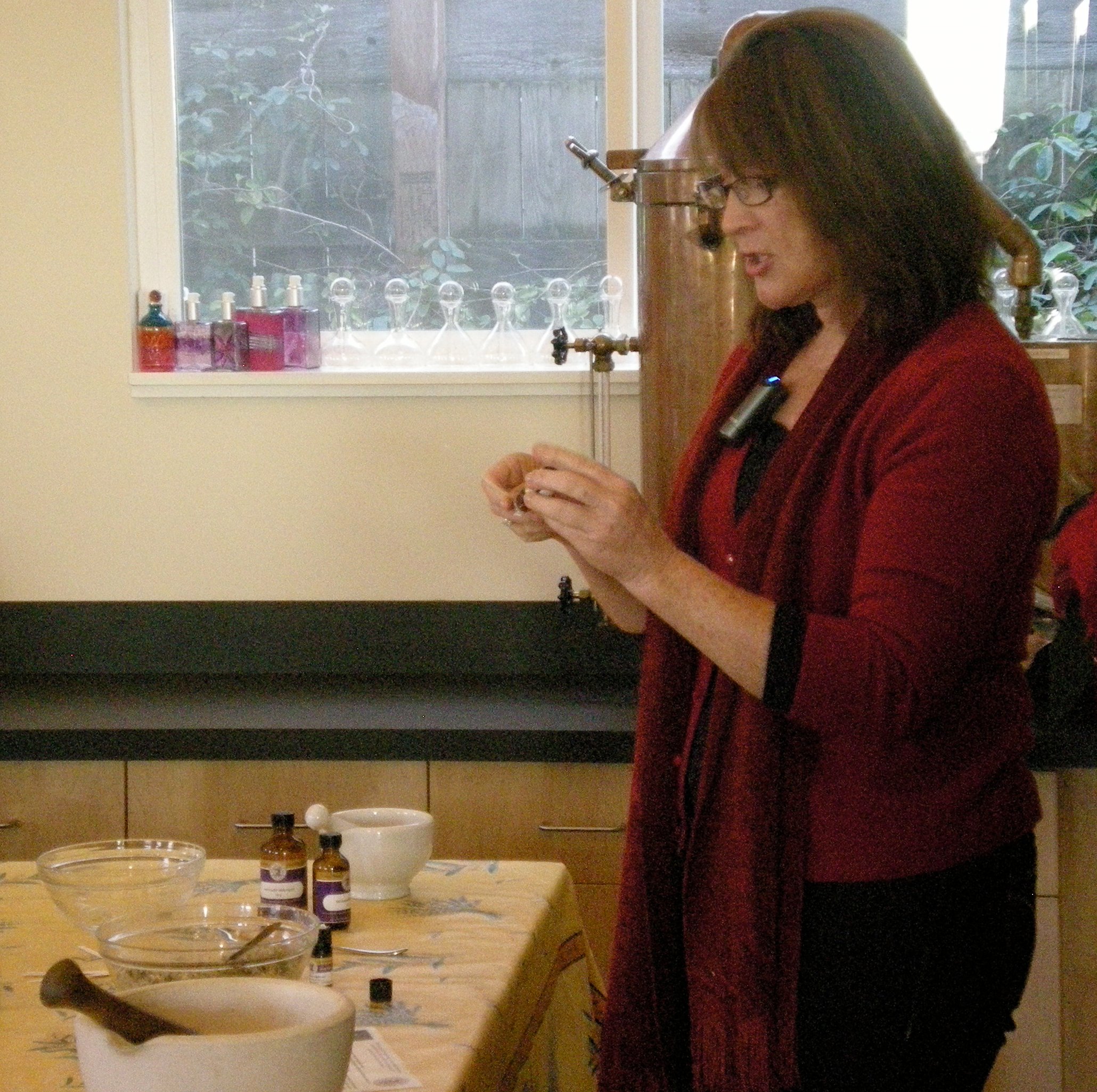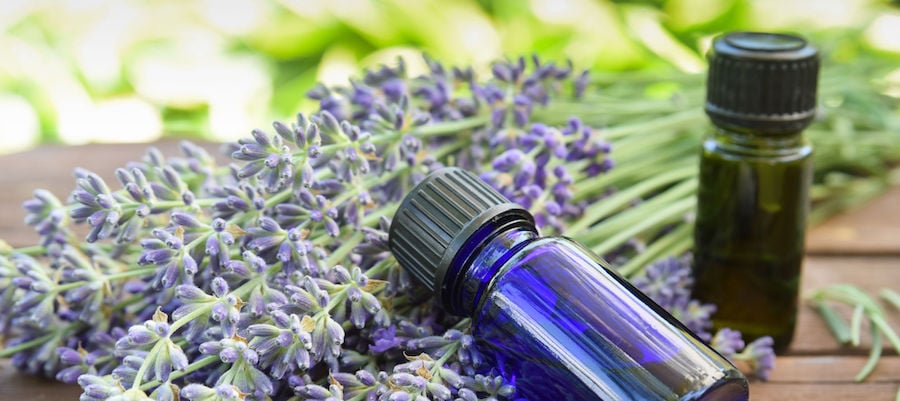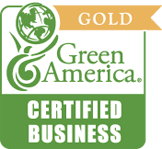It looks like essential oil companies Young Living Essential Oils and doTERRA are taking their product competition to the Utah courts. Young Living, founded in 1993, and doTERRA, founded in 2008, are two sizable multi-level marketing companies, which take in " tens of millions of dollars in annual revenues from the sale of rival products," according to the Salt Lake Tribune[1].
The court battle started last year when Young Living "alleged in a lawsuit that doTERRA and former Young Living executives built doTERRA by stealing Young Living’s trade secrets, violating their duties to Young Living and improperly recruiting Young Living’s employees and distributors to leave Young Living,” one of its attorneys, Justin Toth of Ray Quinney & Nebeker, said in an email[2]."
doTERRA responded with a federal lawsuit of their own. In it, doTERRA "alleges employees and officers of Young Living created a false sample of a doTERRA product spiked with a chemical additive and then posted the result of a lab test showing the contamination on a website right before its distributor convention in Salt Lake City[3]."
As with any quality ping-pong match, Young Living filed its own federal lawsuit alleging "an independent French laboratory had tested doTERRA oils and found various contaminants. The complaint accuses doTERRA of falsely advertising the pureness of its products in order to capture business from Young Living and lure away distributors[4]."
So what’s the bottom line? Our words of wisdom are don’t believe the hype, and get educated for yourself about how to assess the quality of an essential oil.
No doubt, the future of aromatherapy and the aromatherapy profession relies on reliable access to high-quality essential oils. Here at the American College of Healthcare Sciences (ACHS), we're committed to high-quality certified organic natural products and sustainable practices and principles as a primary support for our educational programs and retail lines—not just products for the sake of products.
Even more importantly, we’re committed to educating our students and the global aromatherapy community on how to objectively and effectively evaluate the quality of an essential oil. This includes learning to read a gas chromatograph (GC) and mass spectrometer (MS) tests, learning to ask for a pesticide evaluation, considering environmental issues such as sustainable harvesting and ethical work standards at facilities, and production methods. Armed with this information, you can make an educated, confident decision about the essential oils you use – whether for professional use or as a hobby.
It's all-too-easy these days to get caught up in product hype and marketing. There are a lot of products on the market to choose from, and they all make different statements or claims about their health benefits and/or superiority to other products and/or how they will somehow solve a deficit in your life – even one that you weren’t aware of until you found their product! LOL.
I’m not saying that either of these companies has directly made such a claim or that they necessarily employ any or all of these marketing strategies. It's just to say that in today's market, the motto "buyer beware" is more important than ever. Here's one small example.
Did you know doTERRA has created its own certification system for its essential oils? Why does it matter? Well, they have managed to trademark the term "CPTG Certified Pure Therapeutic Grade®." So, not only can no other company or aromatherapy professional use this term, it actually confuses the industry-accepted terminology for how essential oils are evaluated, labeled, and marketed. Are we to assume that "CPTG Certified Pure Therapeutic Grade®" essential oils are superior to organic, sustainable sourced essential oils produced and distributed by boutique distilleries or oils that come with an independent lab report showing the constituent profile and pesticide level if any, or even oils that have nationally and internationally accepted certification such as USDA Organic or NOP Organic?
ACHS appreciates the efforts of the companies involved to bring aromatherapy and essential oil use to the masses and the College extends an invitation to both companies to explore the programs ACHS offers to bring accredited educational opportunities to their employees. Only once you have a solid aromatherapy education under your belt can you truly differentiate product hype from high-quality essential oils and analyze the quality of essential oils for yourself, which reflects your integrity as an aromatherapist and a consumer.
As the aromatherapy market grows, you can see why it is more important than ever for aromatherapy companies, professional aromatherapists, and aromatherapy enthusiasts to get accredited, reliable aromatherapy training. ACHS is here for anyone who wants to learn how to assess the quality of essential oils for him or herself. You don't have to enroll in an entire aromatherapy program to see how marketing affects perceptions of quality and value, though we're here for that, too. ACHS does offer the only accredited Master of Science in Aromatherapy, so we have a little something to say about the value of education for helping aromatherapists to make wise decisions about essential oil products used for personal care and with clients. Aromatherapy essential oils are an investment, after all, and these days we all want to get the best we can for our buck.
If you have any questions about how to assess the value of essential oils, please feel free to ask. We love your comments and are more than happy to provide more information.
References
[1] Harvey, T. (2013, August 1). Essential oils rivalry spills into Utah courts. The Salt Lake Tribune. Retrieved from: http://m.sltrib.com/sltrib/mobile3/56660253-219/doterra-living-oils-lawsuit.html.csp
[2] Ibid.
[3] Ibid.
[4] Ibid.






